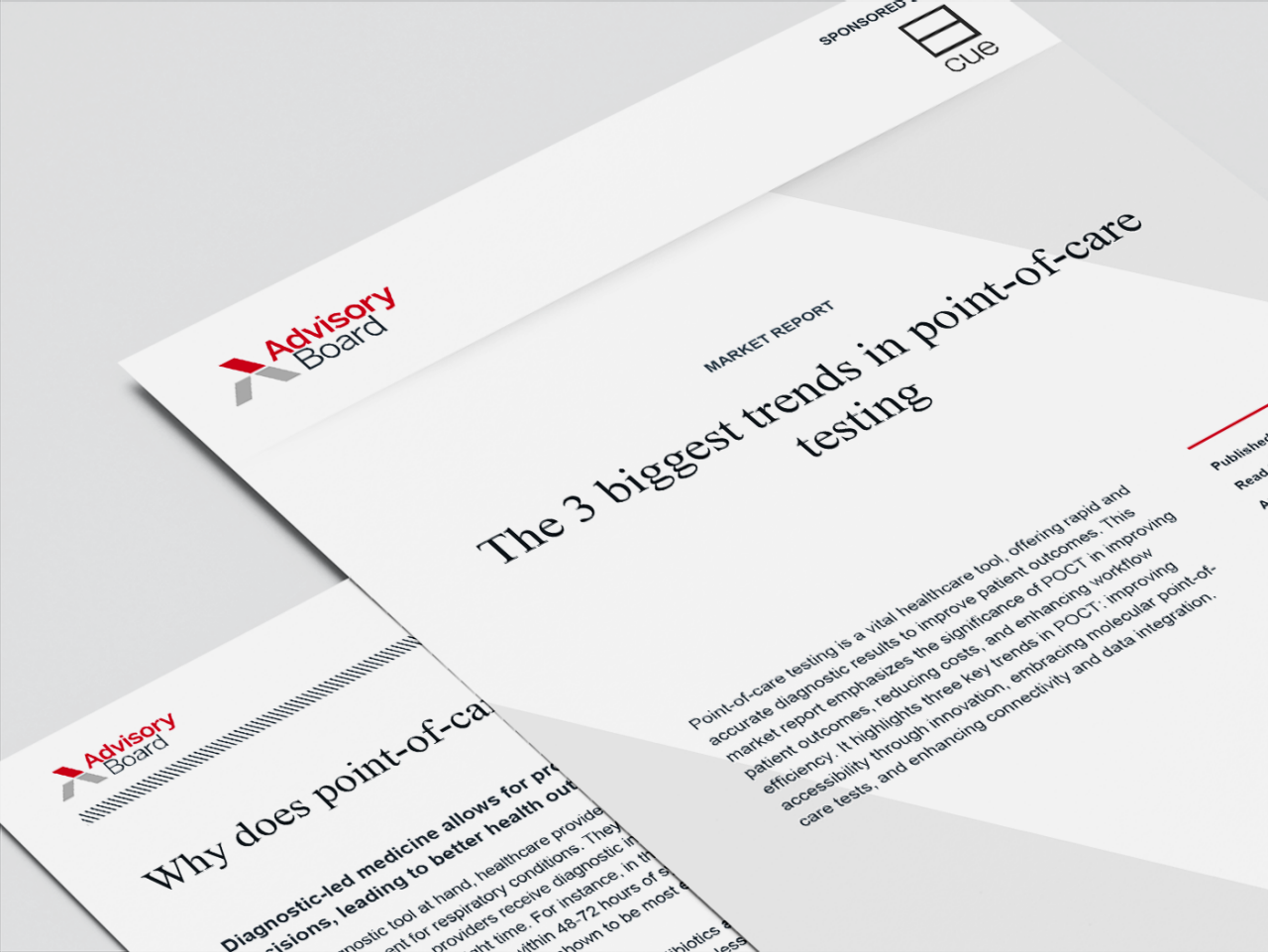Auto logout in seconds.
Continue LogoutFDA has approved the first blood test as a primary screening option for colorectal cancer, in today's bite-sized hospital and health industry news from California, Georgia, and Maryland.
- California: Wells Fargo is facing a proposed class action lawsuit, which accused the company of mismanaging its employee health insurance plan and causing employees to overpay for prescription drugs. In the lawsuit, which was filed in a federal court in Minnesota, four former employees claim that the company "failed to satisfy their fiduciary obligations at multiple steps in the process of administering prescription drug benefits." The plaintiffs argued that Wells Fargo's health plan paid inflated prices to pharmacy benefit managers, which then sometimes led to workers paying much higher prices for medications than if they had paid out of pocket. For example, Wells Fargo's health plan paid almost $10,000 for a generic medication for multiple sclerosis that cost $648 elsewhere. Beth Richek, a Wells Fargo spokesperson, said the company is currently reviewing the complaint. "Wells Fargo provides an array of benefits to our employees, which are provided to support the health of our employees and their families," Richek said. According to STAT+, a similar class action lawsuit was filed against Johnson & Johnson in February. (Wiessner, Reuters, 7/30; Tozzi, Bloomberg/Modern Healthcare, 7/30; Herman/Silverman, STAT+ [subscription required], 7/30)
- Georgia: Last week, CDC announced it is loosening requirements for dogs entering the United States from countries that do not have a high risk of dog rabies. Although the United States eliminated dog rabies in 2007, the virus still exists in other countries. In May, CDC said that all dogs entering the United States from other countries must be at least six months old, have a microchip, and have a completed import form. However, CDC eased the requirements after public pressure from senators, Canadian government officials, and some animal advocacy groups. According to critics, the original rule could make veterinary care more difficult for people living in areas that border the United States and Canada and would limit an important source of companionship for truckers. Under the new rule, dogs that have been in rabies-free or low-risk countries for the past six months will only need to appear healthy and have a completed dog import form to enter the United States. (Goldman, Axios, 7/23)
- Maryland: Earlier this week, FDA approved a new blood test to screen for colon cancer in people ages 45 and older with an "average risk" of colon cancer. The blood test, called Shield and manufactured by Guardant Health, is the first blood test to be approved as a primary screening option for colorectal cancer. Previously, blood tests were only meant to be complementary to other recommended screening methods. Shield has been available since 2022, but private insurance typically didn't cover it, meaning that patients often had to pay out of pocket to use it. With FDA approval, coverage and access to the test will likely increase, though the cost may vary with individual plans. "This is a promising step toward making more convenient tools available to detect colorectal cancer early while it is more easily treated," said William Grady, a gastroenterologist at Fred Hutchinson Cancer Center. According to Grady, the test's accuracy is similar to stool tests used for early detection of cancer. (Weixel, The Hill, 7/29; Kolata, New York Times, 7/29; Herper, STAT+ [subscription required], 7/29)
Oncology screening and diagnostics are quickly evolving, including innovations in genetic testing and multi-cancer early detection. Here are six essential questions for healthcare leaders to consider to prepare for the future of oncology screening and diagnostics.
Don't miss out on the latest Advisory Board insights
Create your free account to access 1 resource, including the latest research and webinars.
Want access without creating an account?
You have 1 free members-only resource remaining this month.
1 free members-only resources remaining
1 free members-only resources remaining
You've reached your limit of free insights
Become a member to access all of Advisory Board's resources, events, and experts
Never miss out on the latest innovative health care content tailored to you.
Benefits include:
You've reached your limit of free insights
Become a member to access all of Advisory Board's resources, events, and experts
Never miss out on the latest innovative health care content tailored to you.
Benefits include:
This content is available through your Curated Research partnership with Advisory Board. Click on ‘view this resource’ to read the full piece
Email ask@advisory.com to learn more
Click on ‘Become a Member’ to learn about the benefits of a Full-Access partnership with Advisory Board
Never miss out on the latest innovative health care content tailored to you.
Benefits Include:
This is for members only. Learn more.
Click on ‘Become a Member’ to learn about the benefits of a Full-Access partnership with Advisory Board
Never miss out on the latest innovative health care content tailored to you.




